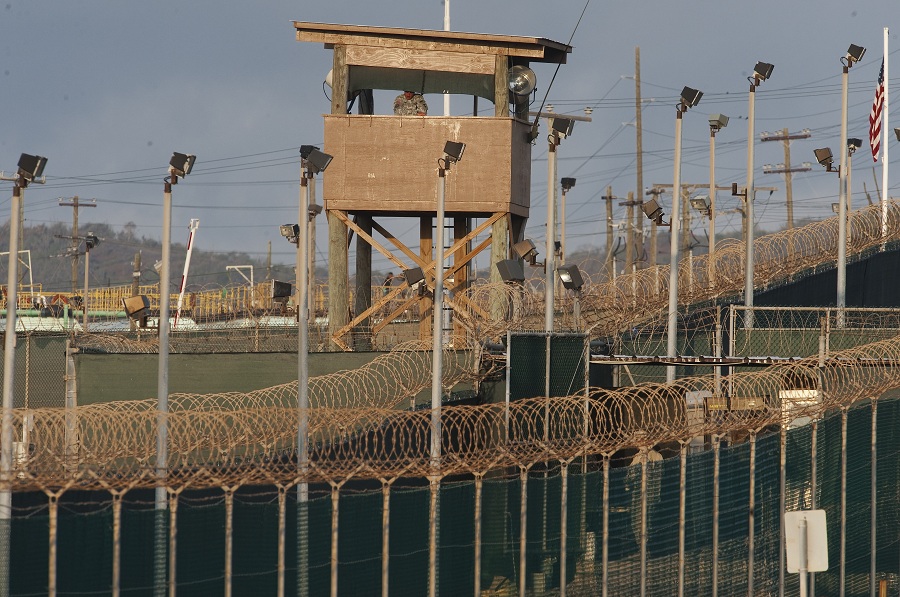CAIRO: Tahrir Square remained closed on the first day of Ramadan, as hundreds of protesters disagreed on whether or not to open it for traffic.
There is a possibility that roads leading to and out of the square would be open after iftar on Monday, according to Abdallah El-Adawy, member of The Democratic Front of the April 6 Youth Movement.
Shop owners in the downtown area surrounding the square urged protesters to open the roads, saying the closure obstructs their businesses, which usually flourish during the holy month.
Twenty-six groups and political parties announced on Sunday that they have suspended the sit-in in Ramadan, while a few hundred independent protesters and a few political groups decided to remain in the square.
Some of the remaining groups moved their tents to a space in front of the administrative building of El-Mogamma’ to evacuate the center to ease the traffic flow. But many tents remain perched in the center.
A decision to open the square was expected on Sunday evening, but a meeting of the protesters still participating in the sit-in decided otherwise.
“I personally want to open the roads to allow the people to move around easily and go about their businesses,” El-Adawy told Daily News Egypt.
However, Farid Allam, founder of the coalition for the Egyptian Revolutionary Council, strongly disagreed, saying that the protesters would continue closing off Tahrir Square until their demands are met.
Allam went as far as labeling anyone who disagreed with closing the square a “traitor and a spy”.
“We are doing this for the people of Egypt,” Allam said. “This is the only way our demands will be met.”
“We will be buried here before we open the square,” he added.
The coalition called for the establishment of an interim government comprising protesters from Tahrir Square to execute the people’s demands, in addition to prosecuting those responsible for killing protesters and guaranteeing the rights of the martyrs’ families.
The protesters’ demands include ending the military prosecution of civilians, sacking the Prosecutor General, cleansing the interior ministry and setting a minimum wage of LE 1,200 as well as a reasonable maximum wage.
Some groups tied their stay in Tahrir with the decision of the families of the martyrs, who reportedly get pressured and harassed by police to drop their cases or change their testimonies. One of the protesters said Sunday afternoon that the families would suspend the sit-in if all officers implicated in killing protesters were detained pending the trials.
For others, it was the Mubarak trial set for Wednesday.
"There were differences between members of [The Democratic Front of the April 6 Youth Movement] last night which ended with the majority voting on continuing the sit-in until Aug. 3 to guarantee that Mubarak would appear in court," Mo’men Mohamed, member of the group’s media center, told DNE.
"We also want the military council to set a timeline for achieving the rest of our demands before we decide to leave," he added.
The Front is a splinter group from the April 6 Youth Movement — which had suspended its sit-in — and includes members who left in the wake of internal differences with the April 6’s General Coordinator Ahmed Maher.
